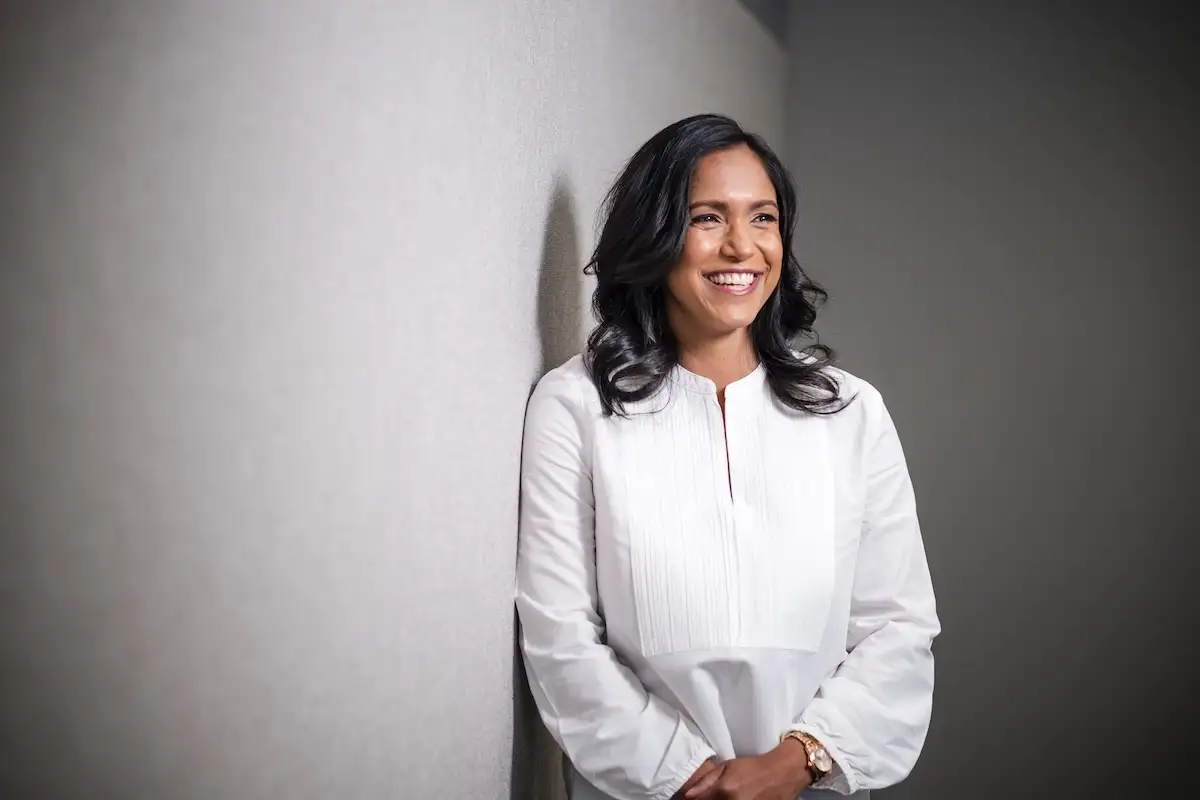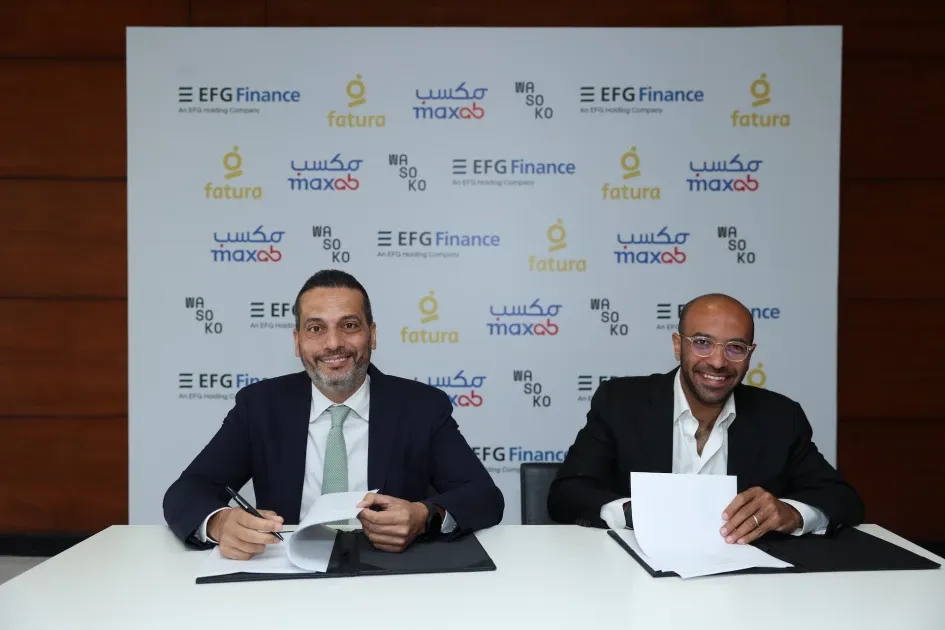N4.4tn Nigerian Sovereign Fund Cuts US Exposure, Looks to Asian, European Assets

•Elumelu banks on naira, says currency becoming stable
The Nigerian Sovereign Wealth Fund, managed by the Nigerian Sovereign Investment Authority (NSIA), reduced its exposure to the US at the beginning of this year and bought other investments to diversify its portfolio, a Bloomberg report said yesterday.
The fund, which had 4.42 trillion naira or $2.76 billion under management as of December, reduced the exposure of its Future Generation Fund to US markets and bought more Japanese, Australian and European assets.
Chief Executive Officer of the NSIA, Aminu Umar-Sadiq, stated this in an interview with Bloomberg TV on the sidelines of the Qatar Economic Forum (QEF) in Doha.
Umar-Sadiq disclosed that the adjustment boosted the fund’s holdings of “growth assets as well as investment grade corporate bonds,” explaining that the move was a “diversification play”.
“It was important given where we saw the markets, and how buoyant it was, that we began to look elsewhere to ensure we had a robust portfolio,” he said.
Nigeria, Africa’s largest oil producer, established the NSIA in 2011 to invest and manage excess funds earned from crude sales. It seeded the fund with an initial $1 billion when it began operations and has provided an additional $971 million in several installments since then.
Umar-Sadiq said the NSIA also consolidated its equity portfolio into “fewer high-quality stocks” and will continue to retain an exposure to the US because of the depth of the market.
“The US has the largest companies and institutions, so irrespective of what is happening today, it goes without saying that it will continue to be in play,” he said.
Meanwhile, the Chairman of Heirs Holdings, Tony Elumelu, has said that Nigeria’s currency has been stable in recent months, allowing investors to better plan for activities in Africa’s most populous nation.
The naira has hovered between N1,588 and N1,611 per dollar this month, after facing recurrent volatility from 2023 because of devaluations intended to lure inflows and end dollar shortages in Nigeria.
“The naira is becoming quite stable,” Elumelu, who is the chairman of United Bank for Africa (UBA) and a member of the Presidential Economic Coordination Council in Nigeria, said at the Qatar Economic Forum. “I’d like to see that continuing,” the tycoon said.
The Central Bank of Nigeria (CBN) policies that included clearing a backlog of dollar demand, offering fixed income securities at high yields to attract portfolio inflows and boosting dollar supply to the forex market in the wake of US President Donald Trump’s trade war helped stabilise the currency, Bloomberg reported.
“Currency volatility is a challenge for Africa and Asia. In the global south, fixing the volatility of our currencies will be very critical for ultimately developing our economies,” said Elumelu, who is also the biggest shareholder of Transnational Corporation of Nigeria Plc.








